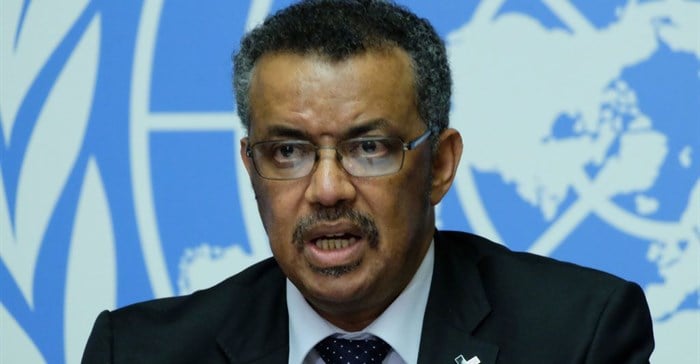
Top stories





ESG & Sustainability#BudgetSpeech2026: SRD grant unchanged, other Sassa social grants see hike
18 hours

More news














ESG & Sustainability
South Africa’s carbon tax should stay: climate scientists explain why














Therefore, the World Health Organisation (WHO) Independent High-level Commission on Noncommunicable Diseases (NCDs) has called for urgent action to address chronic diseases and mental health disorders. It demands high-level political commitment and the immediate scaling up of actions to address the epidemic of NCDs, the world's leading causes of death and ill health.
The commission makes six recommendations in its report:
Fulfilling the promise of universal health coverage, to ensure all people everywhere can access quality health services without suffering financial hardship, is one of WHO's top priorities. The Commission's report will help guide countries as they make progress toward health for all and tackle both NCDs and infectious killers.
"WHO was founded 70 years ago on the conviction that health is a human right to be enjoyed by all people, and not a privilege for the few," WHO Director-General, Dr Tedros Adhanom Ghebreyesus. "The recommendations of this report are an important step towards realising that right by preventing the suffering and death caused by noncommunicable diseases."